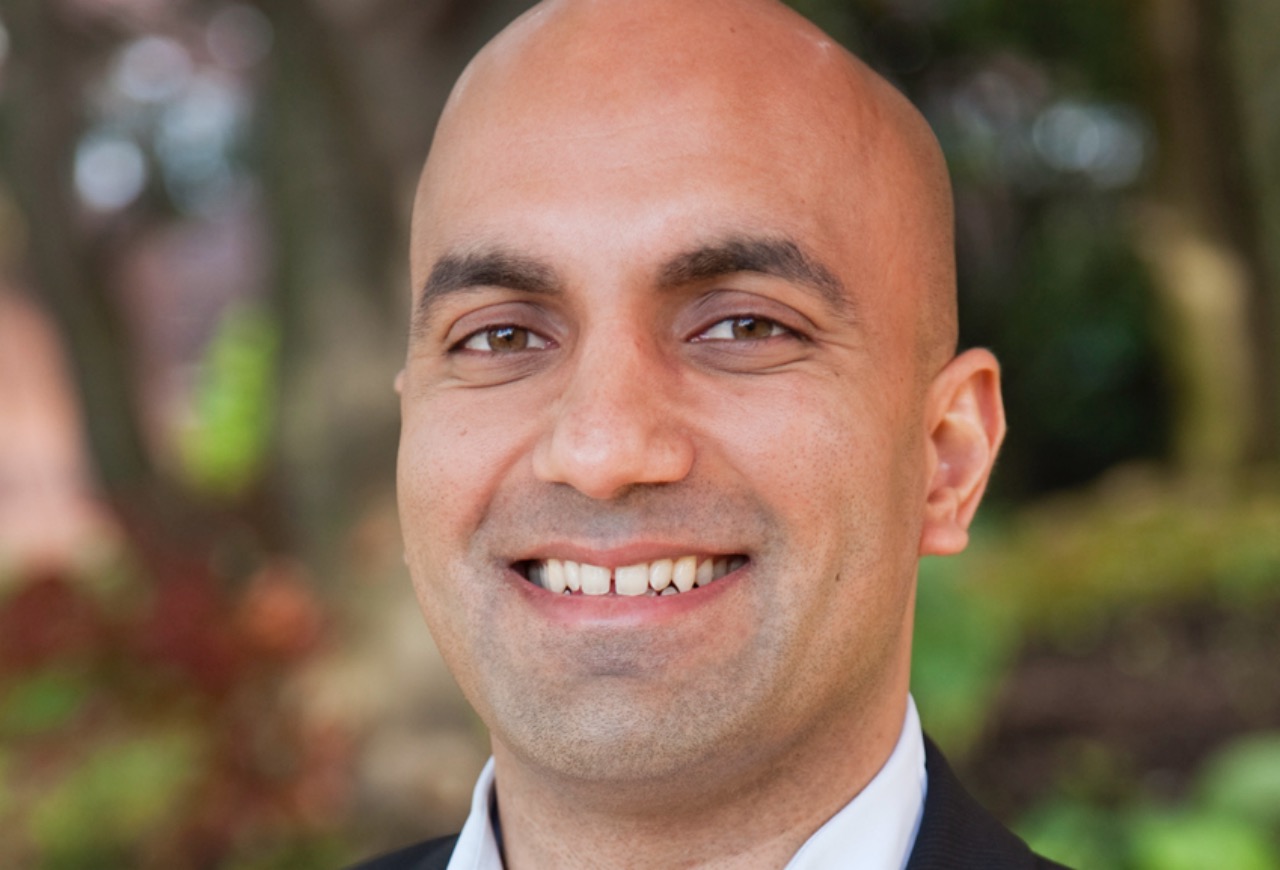Institutional investors and wealthy individuals have embraced impact investing over recent years. But, what will it take to unlock the market for retail investors? Impact Investor tries to find the answers

In brief
- Retail investors are increasingly interested in the impact of their investments, but the sector has been slow to respond with suitable products
- Despite slow progress, retail investors are seeing as the ‘next frontier’ of impact investing with huge growth potential
- New investment apps and platforms are entering the market, offering individuals access to investments which combine returns and impact
Impact investing has seen strong growth in recent years, with the current market estimated to be worth $715 billion, according to the Global Impact Investing Network (GIIN), however access to the sector by retail investors is still limited.

“All the data is pointing to a great deal of demand amongst the broader population for opportunities to put your money to work, to invest in a better world,” Amit Bouri, chief executive officer and co-founder of the GIIN, tells Impact Investor.
“But the financial services market has not stepped up to service this demand with a diverse array of high-quality impact investment products,” says Bouri.
Although there are ample impact investment opportunities for high net-worth individuals, “we have seen that there are challenges around what investments you can make available to investors of much more modest means,” says Bouri.
“You can’t just go to your retirement accountant and say, ‘Hey, I’d love to have my money invested in addressing climate change or to help address inequality around the world’.”
“What we would love to see is that intermediaries that are established, so banks and 401K providers, start offering products to their customers that are focused on positive impact,” he adds.
“All the data is pointing to a great deal of demand amongst the broader population for opportunities to put your money to work, to invest in a better world.”
Amit Bouri, CEO and co-founder, GIIN
‘Next frontier’
Since the GIIN was founded in 2009, creating opportunities for retail investors is the one segment that has made “the slowest progress”, Bouri notes.
A 2019 survey by The Rockefeller Foundation showed there is “significant appetite” for impact investing from retail investors.
But it cited a lack of new and innovative investment products, a disconnect of knowledge and education between investors and advisors, and an overall lack of standardisation in measuring the impact of investments as the greatest hurdles.
“This research provides demonstrative proof that the next frontier for impact investing lies with mass affluent retail investors, who are projected to have some $100 trillion in investing power globally by 2020” Saadia Madsbjerg, managing director at The Rockefeller Foundation, said at the time.
Still, the tide may be turning, according to Bouri. “There are still constraints because the impact investment market is still growing,” he says. “Depending on where you are, it can be uneven in terms of opportunities. But there are many markets where there’s now a lot of opportunity to actively invest, including in the markets in places like northern Europe, the US, UK and beyond, where we now see quite a bit of demand.”
Retail platforms
While some traditional banks have started offering impact investment products to retail investors, including ABN Amro and Aegon Asset Management’s Global Impact Equity Fund, with investments starting from €50,a number of retail investment apps have also cornered the market for young investors in recent years.

They range from new sustainable banking app Novus, which lets you earn “impact coins” on every payment, to CIRCA5000, an impact investing app targeting socially-conscious millennials.
Founded by former bankers Tom McGillycuddy and Matt Latham in 2018, CIRCA5000 aims to demystify investing and show a new generation that they’re able to grow their money and have a positive impact at the same time.
The firm, whose main backer is British impact-focused venture capital fund Ada Ventures,has seen strong growth since its app first went live in 2019. It now has 170,000 customers in the UK alone, who are 31 years old on average and invest around £2,000 per year. Eighty percent of its customer base,who are equally divided between men and women,are first-time investors.
Investments can start from as little as £5 a month and are structured around two core themes, Planet and People. CIRCA5000 invests in funds that range from clean energy to safe water, sustainable food, good health to better education and cybersecurity. When choosing a portfolio, app users can filter the exchange traded funds (ETFs) they want to put their money in.
After a few years working at Barclays Wealth and Investment Management in the City of London, McGillycuddy had what he called a “crisis of mission” at the age of 23. “I wanted to do something good for the world. But in financial services at that time, nobody cared about these things,” he tells Impact Investor.
After spending four years at the impact investing team of US asset manager Wellington Management, McGillycuddy and Latham quit their jobs in 2018 to start their own impact investing app, which was initially called tickr.
“Our friends in the industry, our peer group, they loved this and it just seemed like it should be the direction of travel,” says McGillycuddy.
$8 billion market
According to an estimate by CIRCA5000, the market for retail impact investing may be worth as much as $8 billion annually in three to five years from now in Europe alone.
“We think this is the future of the entire industry,” says McGillycuddy, adding impact investing deserves to be widely available for small investors as a consumer brand.
CIRCA5000, which recently closed a £3.9 million crowdfunding round bringing the total amount of more than £10 million, plans to expand into Ireland first, followed by the Netherlands, the Nordic countries and Germany. It is also in the process of becoming its own fund manager and platform provider from the end of the summer.
“We want to be a disruptor and someone that forces all the others in the industry to up their game,” says McGillycuddy. “In order to do that, we need scale.”
Because it’s hard for retail investors to distinguish between ESG, ethical and impact funds, McGillycuddy would like to see stricter disclosure rules for non-impact funds.
“In order to level the playing field, the regulator needs to make non-impact funds disclose their impact,” McGillycuddy says. “Because when presented with those options, I think people would often go: I don’t want to have that impact on the world. I want to have a positive one.I think that would be a huge step forward for this kind of investing.”
Societal shift
Opening up the impact investing market for retail investors is important for two reasons, according to Bouri.
First, it would represent “a significant amount of capital” that would be flowing to impact investing, Bouri says. Second, engaging retail investors is also about driving a societal shift.
“If we want to live in a better world for our children and our grandchildren, we have to change the way that the world invests,” says Bouri. “Right now, people aren’t able to do that sufficiently, but they want to. They want their pension funds invested in a more equitable and sustainable world, and they want their own assets to do the same. I think the power of that shift will be incredible.”






